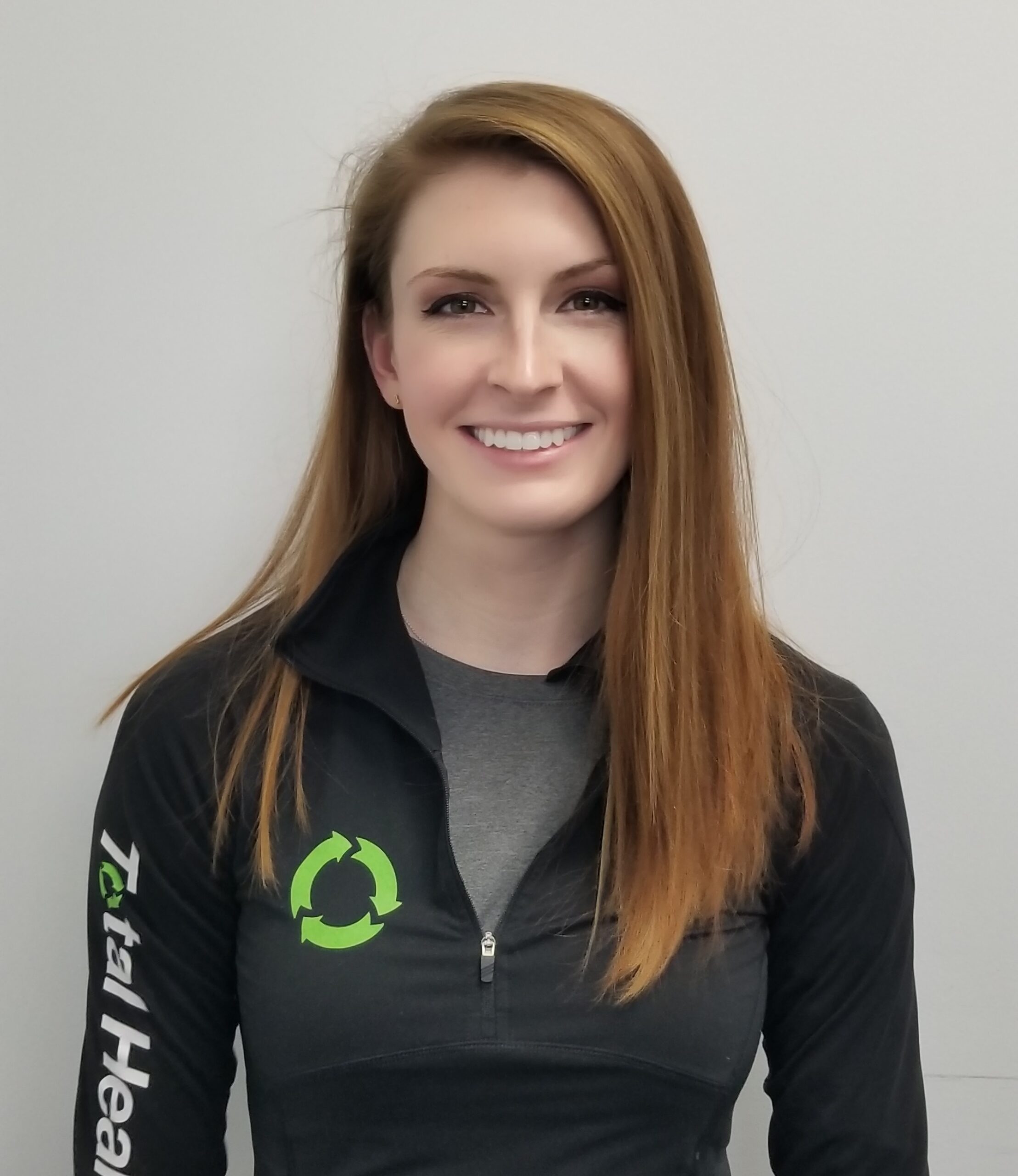We live in a world where there is truly an endless amount of knowledge. If we want to know the answer to something all we have to do is google it from a tiny little computer that fits in our pockets. For the most part, the plethora of information is a really great thing. However, because of the ease at which people can find and post things on the internet there is also a lot of really bad information that exists. This is why it is especially important to make sure that you know how to recognize and find good information. In an article posted at thedailymeal.com where they discussed unique food trends by the decade they dubbed the 2010s as the decade of food trends(1). Kale and other “superfoods”, gluten-free everything, upscale vegan restaurants, gourmet toast, juice cleanses, any of that sound familiar? Between all these trends and blog posts telling us how we should be eating, it’s easy to get confused. This is why it is important now more than ever to understand how to recognize trustworthy information among all the trends.
While famous bloggers, instagrammers, youtubers, and even journalists certainly mean well as they share recipes, weight loss success stories, or basic “diet” advice, rarely do the authors of this information have any expertise beyond personal experience. A very common trend is the idea that “it worked for me, so it will work for you, too.” Those in the science community, however, recognize that this is not usually the case and each individual responds to things differently and has unique needs to obtain or sustain health. To top off all the confusion, there are titles like nutritionist, holistic health specialist, and registered dietitian all floating around. At Total Health and Fitness, we employ Registered Dietitian Nutritionists (RDNs) to provide the most reliable, evidence based nutrition information. We also rely on them to steer our other consultants who are not RDNs clear of any misinformation, and ensure that our program only teaches accurate principles.
The process of becoming an RDN demands a high level of education and dedication. First, prospective RDNs must complete a 4 year Bachelor program. Upon completion of their Bachelors degree they must then apply and be accepted into a dietetic internship. Just getting into an internship is demanding, as national acceptance rates sit right around 50%. Students are advised to have a GPA of at least 3.5 to be competitive as they complete internship applications. The application process for internships also demands rigorous interviews, volunteer hours of experience, and essays. Upon internship acceptance, prospective RDNs then complete 1200 unpaid (most internships cost at least $6,000) hours of experience in a variety of facilities. Experience ranges from clinical, to community, to school nutrition programs. During this time interns also are required to write papers, conduct research, complete case studies and presentations related to their experiences. It is only after successful completion of an accredited internship program that prospective RDNs are then eligible to sit to take their boards and obtain the title of RDN. This credential is renewed every 5 years and requires continuing education over the course of that time to maintain it. This ensures that RDNs stay up to date with the most recent evidence based knowledge in the nutrition community. While this entire process is quite rigorous, it also ensures that RDNs remain the most educated and experienced base of knowledge in the nutrition community.
On the other hand, Nutritionists in the state of Utah do not need a license or certification to practice and are under no legal obligation to obtain a degree (2). This is a stark contrast from what is required of RDNs and clearly demonstrates exactly why you should be cautious as you seek out nutrition information. Remember to ask yourselves these questions as you seek to become more informed:
Where is this information coming from? Is the author an RDN?
If the author is not an RDN, what are their credentials?- Remember, even if the individual is highly educated, they may not be highly educated in nutrition science. Even doctors only have to take basi c nutrition.
c nutrition.
Does the author have any ulterior motives beyond providing nutritional advice? (ie. sponsorships)
Does what they are preaching sound too good to be true? (It probably is.)
As you ask these questions you will be able to better recognize reliable nutrition information. RDNs are the most knowledgeable source when it comes to nutrition science. At Total Health and Fitness we only run a science backed, evidence based program. This is why we choose to lean on RDNs for their knowledge, and advise you to do the same.
Sources
http://www.thedailymeal.com/eat/strangest-food-trends-decade-you-were-born-slideshow/slide-12
http://www.nutritioned.org/utah-nutritionist.html








